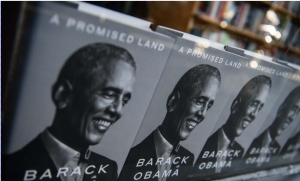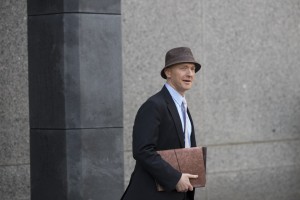Behind the Scenes, Obama Never Left
"Biden is an avatar for a third Obama term.” “In a sense, Obama never left. He was the first president in a century to stay in Washington after the end of his term,”
“In political circles, it was no secret that Obama had thrown his support behind Kamala Harris. She’s ambitious and appealing and, without any strong ideas or opinions of her own, poses no threat to him. She was Obama’s ideal heir, but primary voters found her fake and unlikeable, and she was out of the race in early December. He’d find a way to restore her, but, in the meantime, needed a horse to ride through the primaries.”
More From EPOCH Times:















